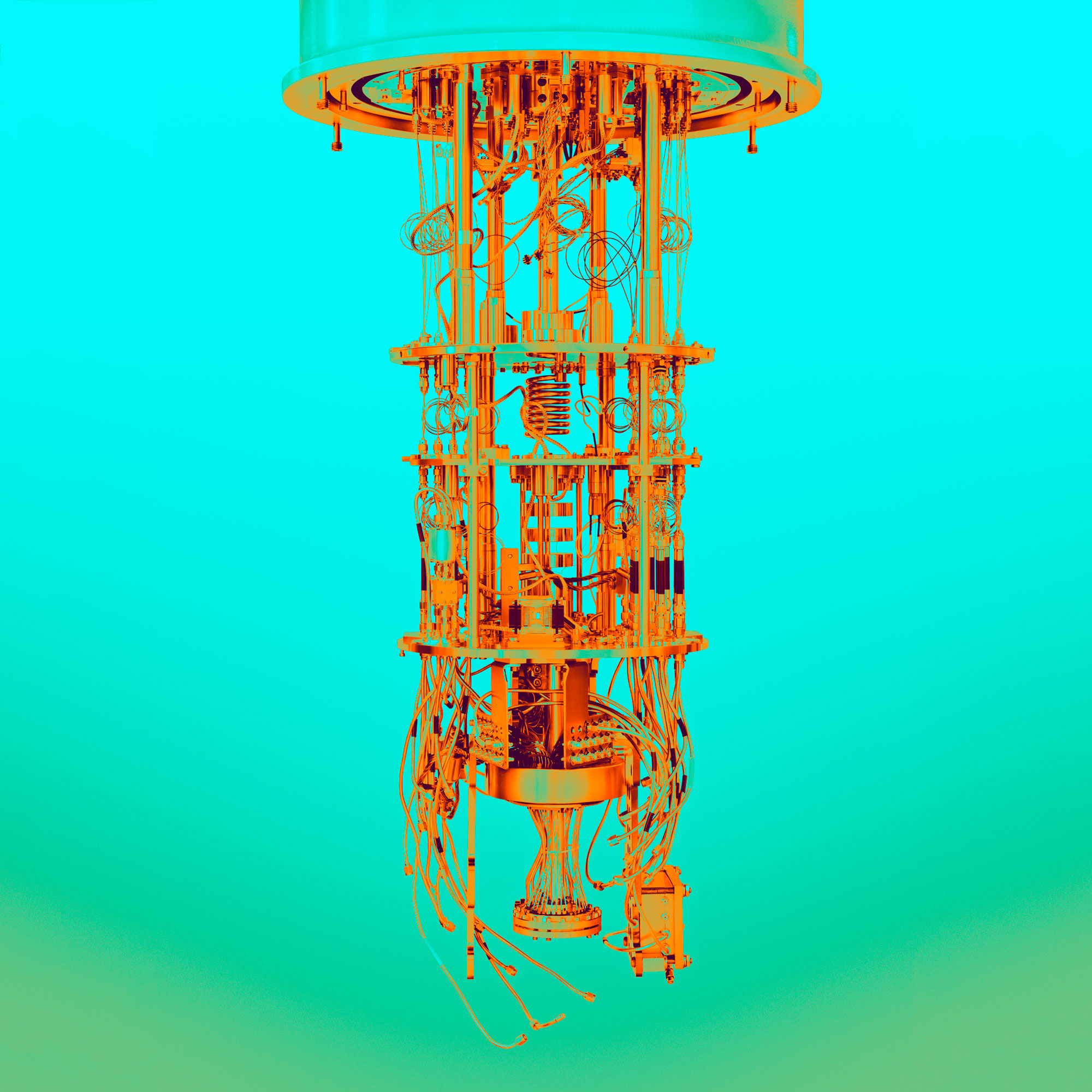Index Surge: Amplifying Your Insights
Stay updated with the latest trends and news across various industries.
Quantum Quirks: Unraveling the Weirdness of Computing
Explore the bizarre world of quantum computing! Discover quirky insights and mind-bending concepts that challenge reality itself.
What is Quantum Computing and How Does it Work?
Quantum computing represents a revolutionary approach to processing information, harnessing the principles of quantum mechanics to solve complex problems much faster than traditional computing. Unlike classical computers, which use bits as the smallest unit of data (0s and 1s), quantum computers utilize qubits. These qubits can exist in multiple states simultaneously, thanks to superposition, allowing quantum computers to perform many calculations at once. Additionally, quantum entanglement enables qubits that are entangled to affect each other's states instantaneously, regardless of distance, creating a powerful synergy in computational power.
The operation of a quantum computer relies on quantum gates, which manipulate qubits through various algorithms. For instance, some popular algorithms such as Shor’s algorithm for factoring large numbers and Grover’s algorithm for searching unsorted databases demonstrate significant speedups over their classical counterparts. As this technology progresses, its potential applications range from artificial intelligence to cryptography and optimization problems, positioning quantum computing as a key player in the next generation of computational technology.

Exploring Quantum Entanglement: The Key to Superfast Processing
Quantum entanglement is a fascinating phenomenon where pairs of particles become interconnected in such a way that the state of one instantly influences the state of the other, regardless of the distance separating them. This intriguing concept has far-reaching implications for the future of technology, particularly in the realm of superfast processing. By utilizing the principles of quantum mechanics, researchers are exploring how entangled particles can be harnessed to perform complex computations at speeds unimaginable with classical technology. As a result, this could revolutionize industries ranging from cryptography to artificial intelligence.
The potential applications of quantum entanglement in computing are not just theoretical; leading tech companies and research institutions have begun developing quantum processors that leverage this phenomenon. One promising approach is quantum teleportation, where quantum states are transmitted between entangled particles, allowing for instantaneous data transfer. Furthermore, as we move closer to the realization of practical quantum computers, superfast processing could lead to breakthroughs in solving problems that are currently intractable, from drug discovery to climate modeling. The quantum revolution is upon us, and understanding entanglement is key to unlocking its full potential.
Debunking Myths: Common Misconceptions About Quantum Quirks
Quantum mechanics is often shrouded in mystery and misunderstanding, leading to common misconceptions that can misrepresent its principles. One prevalent myth is that quantum entanglement implies instant communication between particles, suggesting a form of faster-than-light transmission. However, this is a simplification; entangled particles can influence each other's states, but this doesn't convey information without a classical communication channel, adhering to the speed of light limit as defined by relativity.
Another widespread belief is that observing a quantum system inherently changes its state—while it's true that measurement can affect quantum states, this doesn't mean we're passively altering reality. Instead, the act of measuring reveals the system's existing quantum reality, leading to outcomes defined by probabilities rather than deterministic changes. As a result, it is crucial to differentiate between the act of observation and the nature of the quantum world to dispel these misconceptions and foster a clearer understanding of quantum quirks.